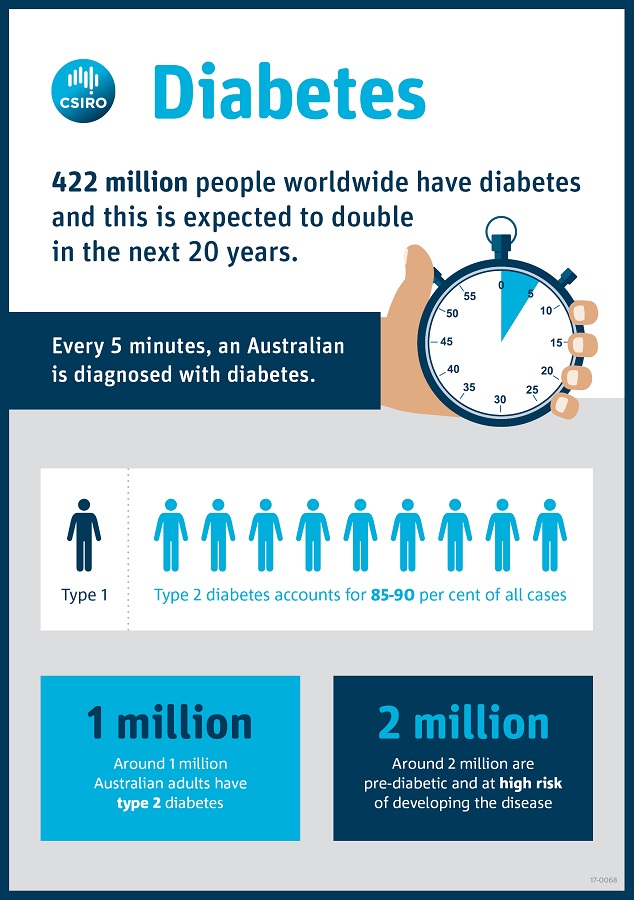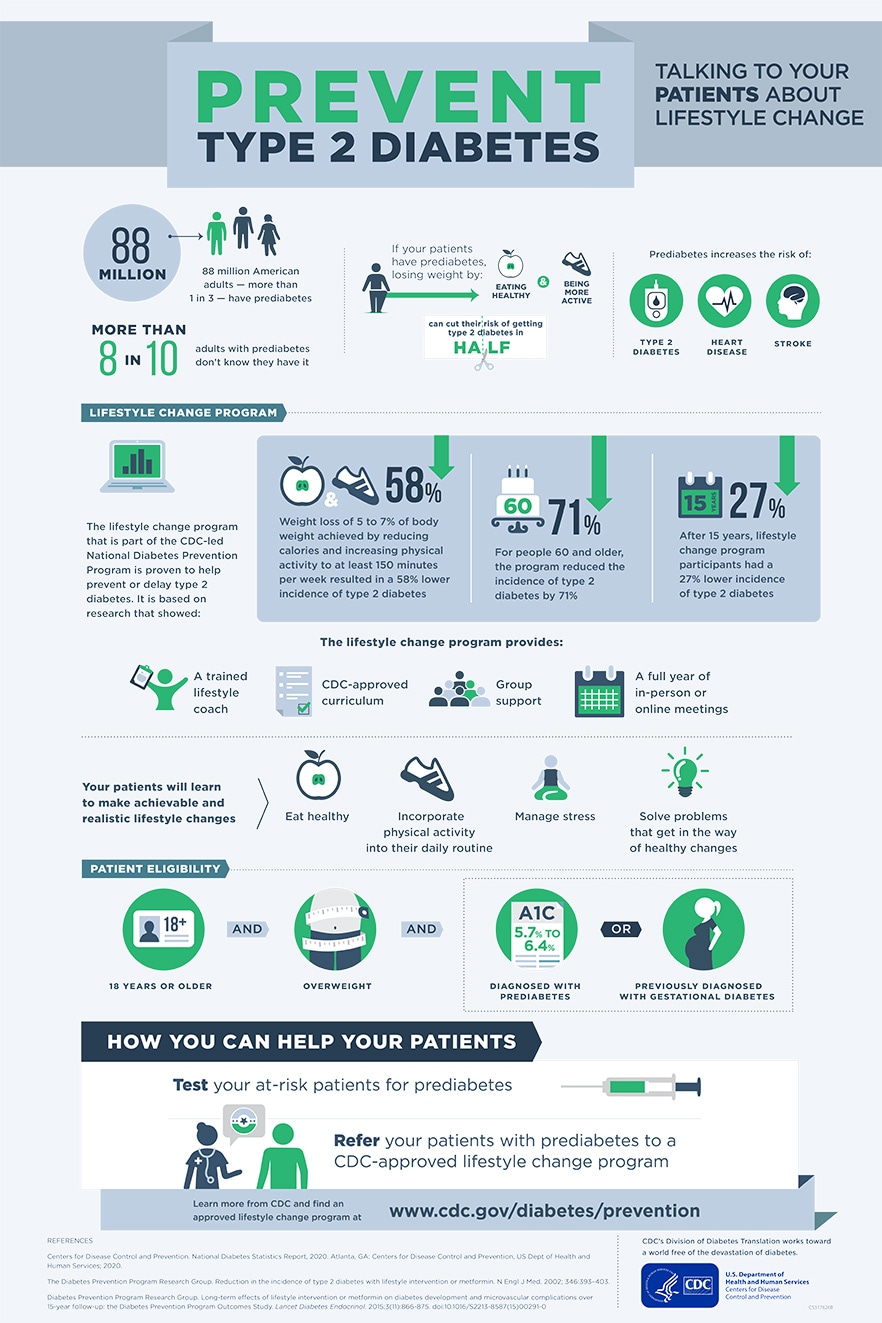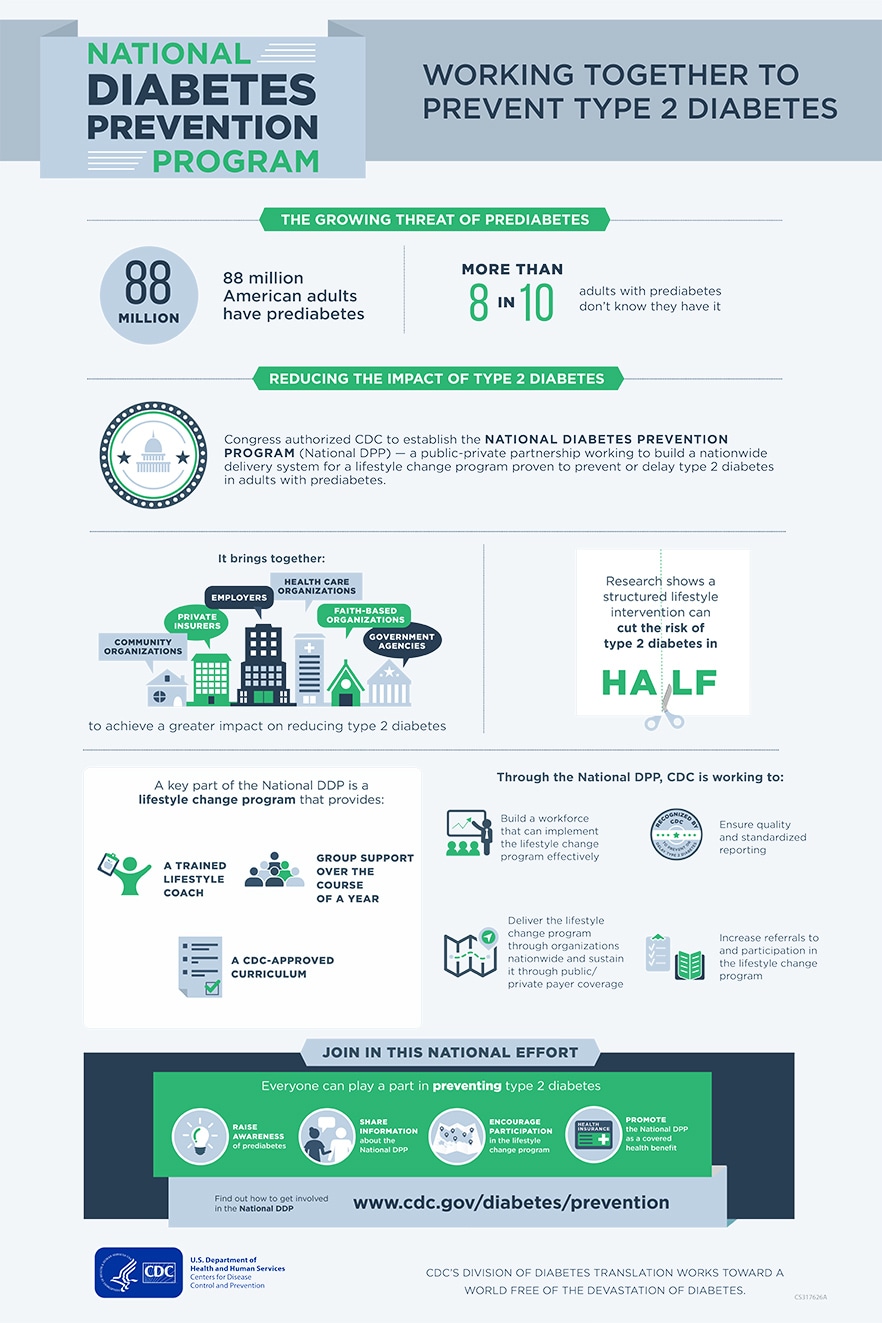

If you are at risk or have prediabetes, sign up for the National Diabetes Prevention Program.Find out if you're at risk by learning more about prediabetes and taking the Prediabetes Risk Test.Aside from maintaining a healthy lifestyle, here are three things you can do: The good news is that research shows prediabetes can be reversed through healthy eating, increased activity, and weight loss. Without lifestyle change, prediabetes can lead to type 2 diabetes within five years. Drug or chemical-induced diabetes, such as with glucocorticoid use, in the treatment of HIV/AIDS or after organ transplantationīecause these types of diabetes are rare, they are often misdiagnosed as other types of diabetes.įor more information on types of diabetes, please visit the American Diabetes Association Diabetes webpage.Ībout one-third of adults have prediabetes, but most don't know it.


Two out of five adults are expected to develop type 2 diabetes in their lifetime. It can lead to serious health problems like heart attack, stroke, blindness, kidney failure, and loss of toes, feet, or legs. Type 2 diabetes occurs when your body doesn't use insulin well.Type 1 is most often seen in children and young adults. About 5% of people with diabetes have type 1. Type 1 diabetes is caused by an autoimmune reaction (where the body attacks itself by mistake) so insulin isn't made anymore.
Cdc type 2 diabetes infographic how to#
Knowing how to identify and treat it is important for your health. People with diabetes may experience low blood sugar as often as once or twice a week, even when managing their blood sugar closely. Often, you’ll need someone to help you treat severe low blood sugar. Blood sugar this low may make you faint (pass out). Severe low blood sugar is below 54 mg/dL. Having difficulty walking or seeing clearly.Severe low blood sugarĪs your low blood sugar gets worse, you may experience more serious symptoms, including: A continuous glucose monitor (CGM) can alert you with an alarm if your blood sugar gets low while you’re sleeping. You may wake up when you have low blood sugar, but you shouldn’t rely on that. If you think you’re at risk for low blood sugar overnight, have a snack before bed. Eating when you drink alcohol can also help. Being physically active close to bedtime.Įating regular meals and not skipping them can help you avoid nighttime low blood sugar.While low blood sugar can happen at any time during the day, some people may experience low blood sugar while they sleep. Types of Low Blood Sugar Nighttime low blood sugar


 0 kommentar(er)
0 kommentar(er)
